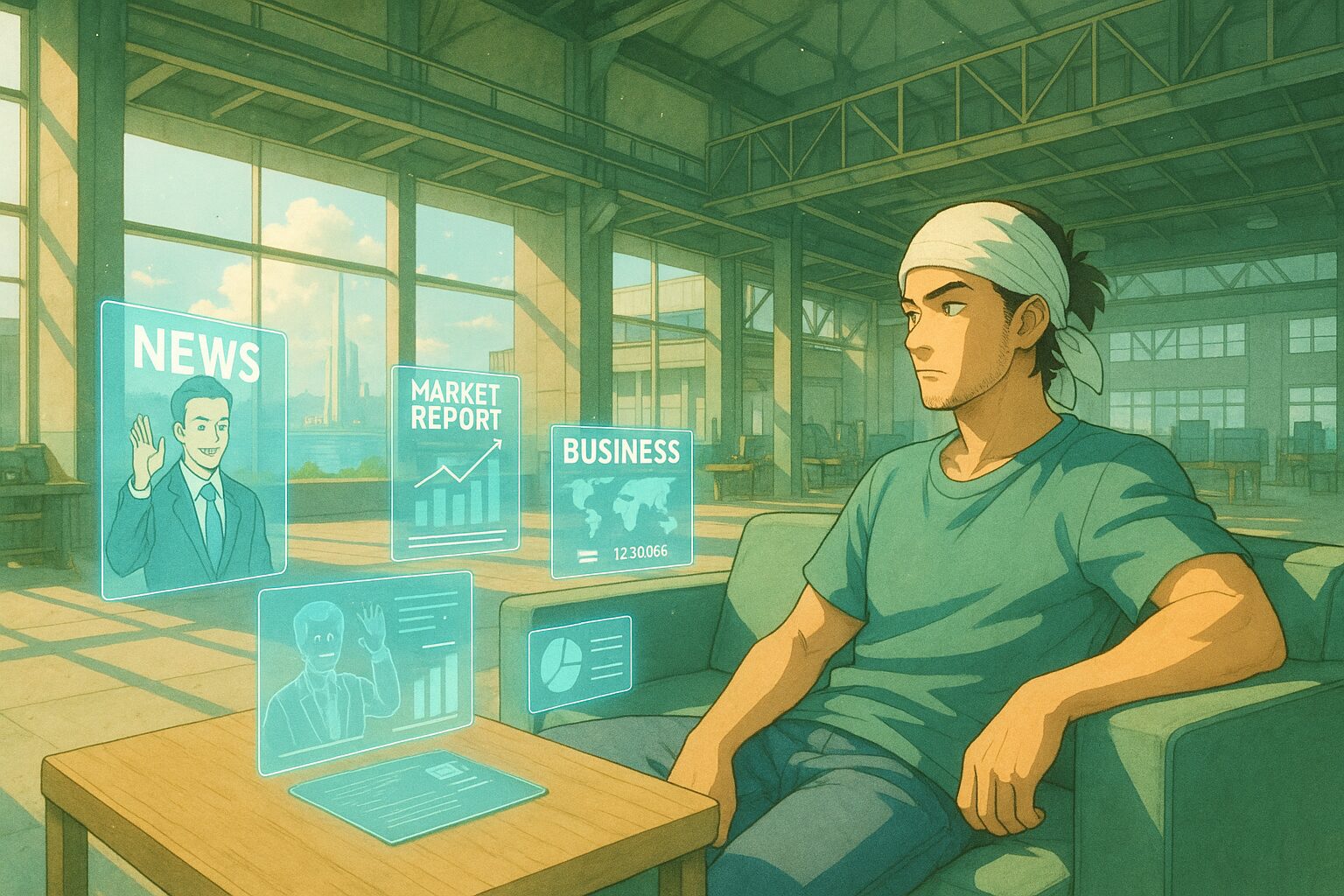The Future of AI Redefining Scalability for African Enterprises
AI (artificial intelligence) is gaining attention as a crucial element supporting business growth in Africa. According to Nathaniel Akande, an information analyst and cybersecurity expert, AI is no longer a distant future technology; it is currently transforming the operations and value propositions of businesses in Africa. If this trend continues, what will our future look like?
1. Today’s News
Source:
AI Key To Redefining Scalability Across African Enterprises
Summary:
- Nathaniel Akande states that AI is a key pillar supporting scalability and innovation in African enterprises.
- AI is no longer a technology of the future; it is changing the way businesses operate today.
- The evolution of AI is bringing new value to companies across Africa.
2. Considering the Background
African enterprises face challenges such as inadequate infrastructure, economic instability, and a lack of competitiveness in the global market. To address these issues, AI promotes efficient resource management, cost reduction, and the development of new business models. So, why has AI gained attention now? It is due to technological advancements and the proliferation of the Internet, enabling more companies to embrace digital transformation and develop new strategies utilizing AI.
3. What Does the Future Hold?
Hypothesis 1 (Neutral): A Future Where AI Utilization Becomes Commonplace
AI will be routinely used as part of operations, improving efficiency. Companies will be able to allocate more time to creative activities by entrusting complex tasks like data analysis and market forecasting to AI. As a result, consumers may receive more personalized services, and the relationship between businesses and consumers could become closer.
Hypothesis 2 (Optimistic): A Future of Significant Advancement for AI
AI technology will evolve rapidly, significantly enhancing the competitiveness of African companies in the global market. New business models will emerge, potentially driving job creation and the development of local economies. These changes may allow African companies to establish themselves as centers of global innovation.
Hypothesis 3 (Pessimistic): A Future Where Human Roles Diminish
The widespread adoption of AI poses the risk of certain jobs and skills becoming obsolete. As automation progresses, inequalities in the labor market may widen, and people’s career paths could become limited. As a result, there will be an increased need for retraining and skill enhancement across society.
4. Tips for Us
Mindset Tips
- Consider how you can leverage your skills as AI evolves.
- Be aware of how technology changes society in your daily life.
Small Practical Tips
- Regularly check AI-related news to keep your knowledge updated.
- Share examples of AI utilization in local communities or online forums.
5. What Would You Do?
- How would you incorporate AI into your daily life?
- How would you assess and choose the services provided by AI?
- How do you perceive the impacts brought about by the evolution of AI?
What kind of future have you envisioned? Please let us know through social media quotes or comments.









